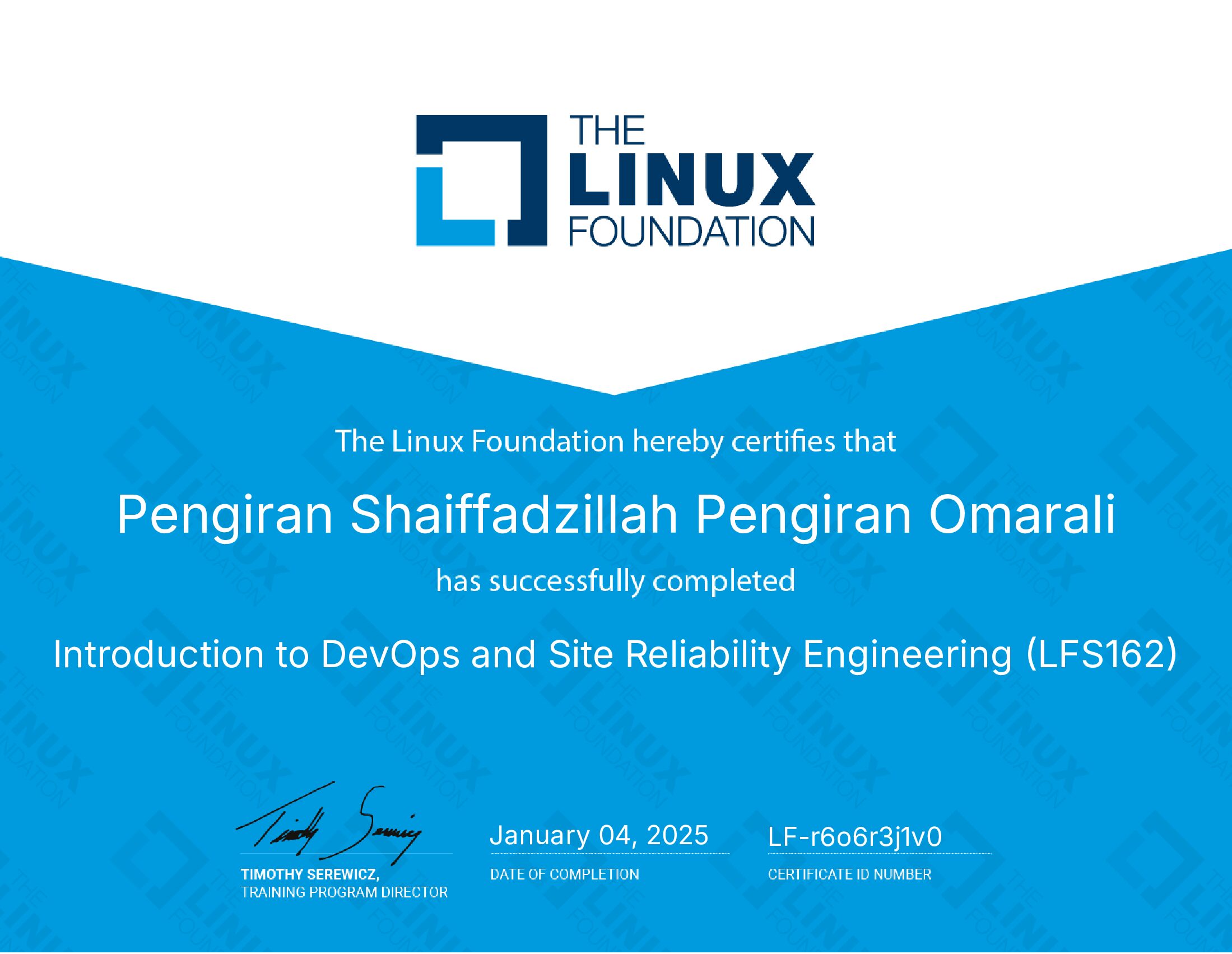
DevOps and Site Reliability Engineering

Embarking on my DevOps journey has been transformative
From the outset, I learned how to harness DevOps principles and practices to revolutionize the way organizations operate. As Agile practices have reshaped software development, I found myself bridging the gap between rapid development and traditional waterfall practices. Through modern principles and state-of-the-art automation tools, I was able to transition into the Agile era, delivering software faster without compromising quality.
The 2018 Open Source Jobs Report from Dice and the Linux Foundation underscored the strong popularity of DevOps practices, cloud, and container technologies. DevOps skills are in high demand, and these roles are among the highest-paid tech jobs. As DevOps processes matured, I realized the growing need for professionals with expertise in key practices and tools. The emergence of Site Reliability Engineering as a specific job description also became apparent.
This course was my stepping stone into becoming an all-round DevOps expert. By the end of it, I gained invaluable insights into:
– How DevOps is transforming software delivery and its importance for IT operations personnel to adopt DevOps practices.
– The impact of Cloud Computing in enabling rapid product development and capacity expansion.
– The revolutionary role of the open container ecosystem, led by Kubernetes, in software delivery and the significance of an Operations Engineer.
– The essentials of writing Infrastructure as Code.
– The critical role of Continuous Integration in software delivery.
– The concepts of Continuous Deployment and Continuous Delivery.
– The importance of Observability systems, what to observe, and why.
The course required approximately 10-12 hours to complete, and every minute was worth the knowledge and skills gained.





